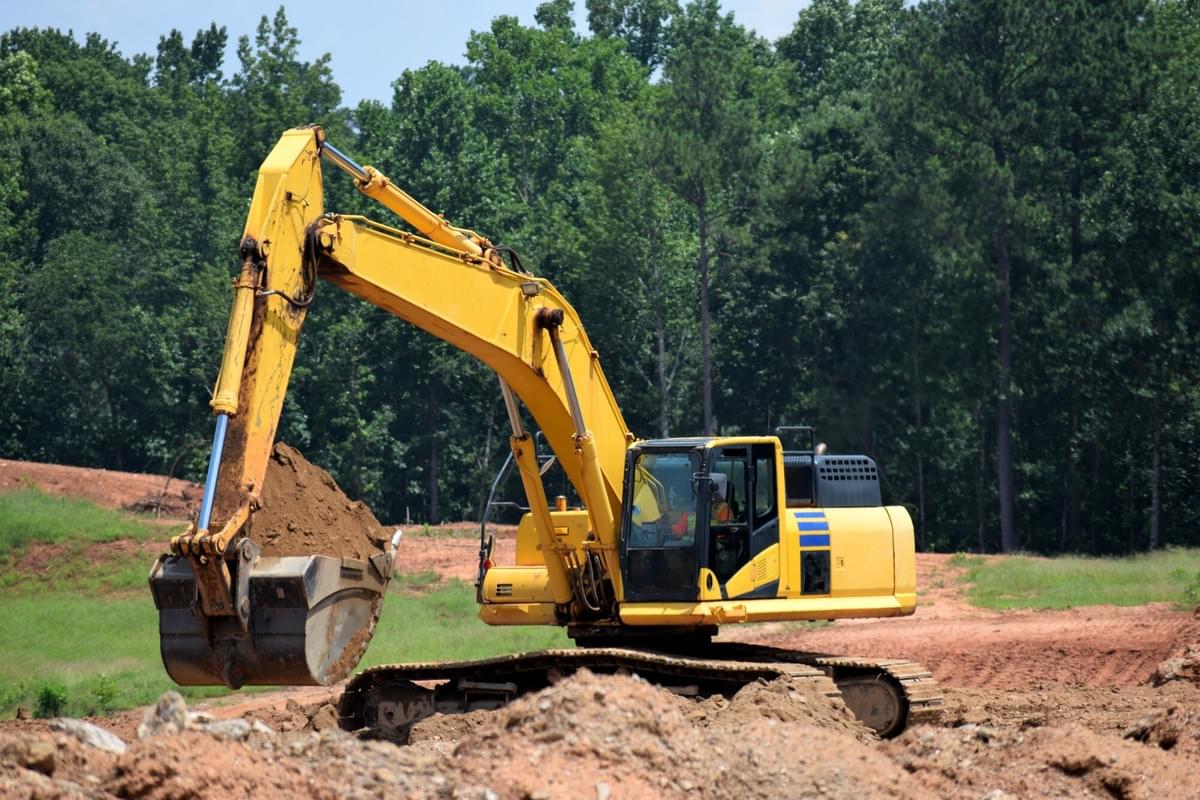
There's one clear driver behind the rise of construction heavy equipment rental as an industry: cost-effectiveness. As an industry-based profession, construction equipment tends to be too-often left idle until it's needed for a new job. Naturally, carrying it around isn't only cumbersome but also contributes to equipment wear and tear. However, renting out such machines helps keep costs down so that construction companies can invest what they'd rather be putting towards their projects.
When it comes to heavy equipment rental, there are a number of different types to consider. The best way to narrow down your choices is to find a company that will work with you to develop an appropriate contract based on your unique situation. For example, some companies may charge by the day or hour while others work more like a fleet. In addition, some companies offer their customers the ability to rent on a per-hour or per-day basis and these types of rentals are usually less expensive overall.
Another way to save money when it comes to heavy construction equipment rental is to secure multiple quotes from different service providers. Typically, your chosen rental company will have its own individual pricing policies. If it has a preferred supplier, ask them about their rental rates. If they refuse to disclose their rates, look elsewhere. It's likely that multiple quotes from the same provider will yield a lower overall rate than if you obtained quotes from three or four different vendors.
Another way to cut down on expenses is to work with well maintained equipment. In construction and building trades, safety is paramount and it's easy to understand why rental companies would want to maintain proper machinery. By buying equipment that has already been professionally maintained, you're likely to save yourself thousands of dollars in maintenance costs over the course of the year. Additionally, when renting industrial or heavy construction equipment, you can be sure that you're getting equipment that was built to withstand the toughest conditions and that it was designed to be well maintained. This will help to ensure that it works properly and that it remains on site for an extended period of time.
Some people may shy away from heavy construction equipment rentals because they view them as an unnecessary expense. However, a business expense here is just that: an expense should not be written off just because it's "not something that I need." Instead, you should seek out rental fees that are well within your company's budget. If the rental doesn't make sense within your budget, simply don't use it. You'll be better off in the long run.
Finally, if you're looking to save on heavy equipment rental costs, don't hesitate to ask your final users what they might be willing to do with the equipment. After all, most businesses want their last users to be happy with the equipment they have provided. Asking your customers for trade-offs on equipment may give you a better deal on the rental than trying to sell it on your own. Additionally, many businesses will be happy to turn over the unused equipment to you if that makes financial sense. Asking your final users for trade-offs could mean that you're not only getting equipment that your customers will likely enjoy for years to come, but that you're also saving money on your equipment rental costs. Knowledge is power and so you would like to top up what you have learned in this article at https://en.wikipedia.org/wiki/Excavator.